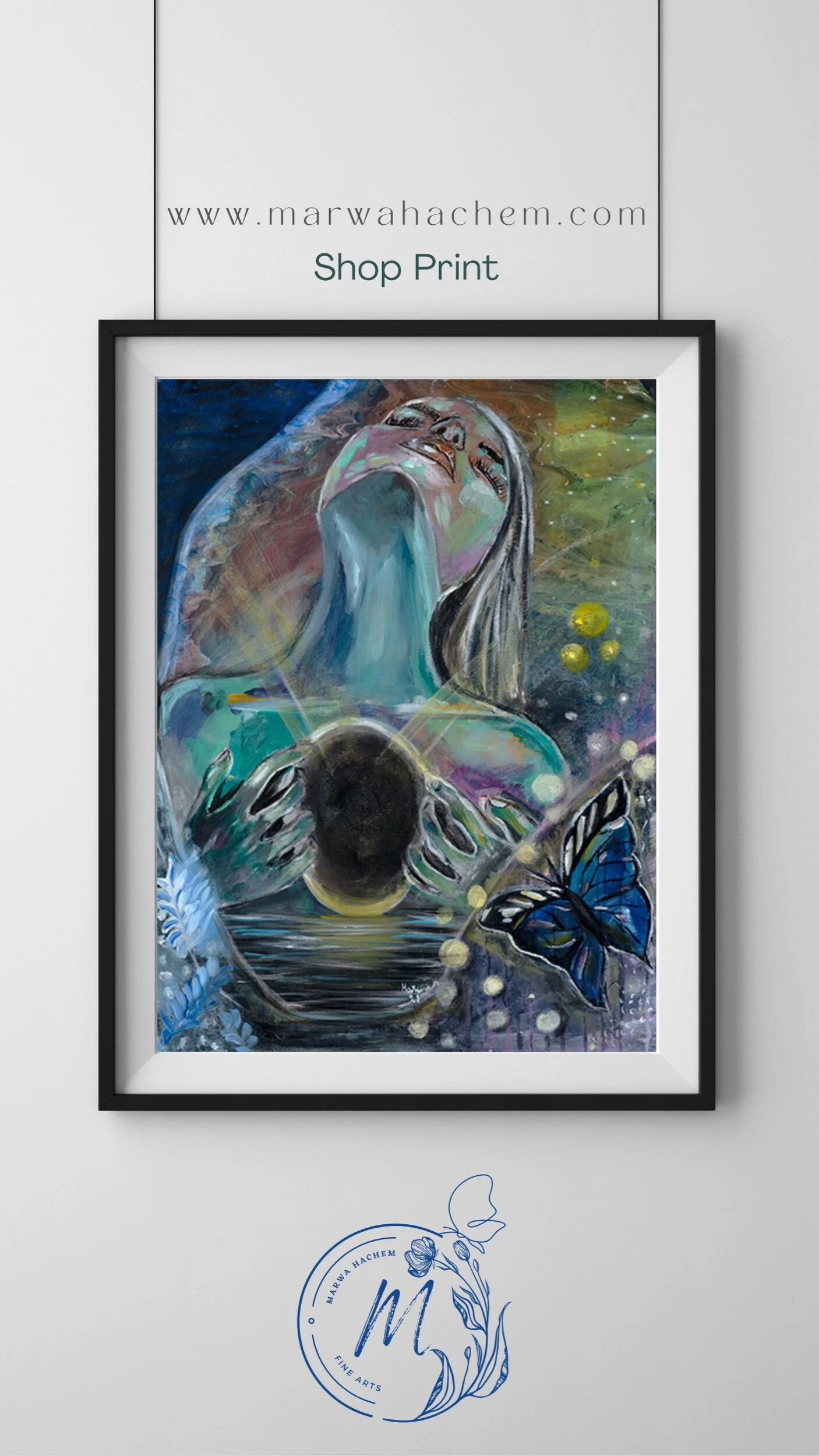Art Therapy for Depression: Bridging the Gap between Art and Mental Health
Numerous individuals have discovered the profound therapeutic benefits of engaging in art, whether through the act of creation or appreciation. From doodling in a sketchbook to pouring emotions into clay sculptures, art offers a powerful avenue for emotional expression. Beyond merely producing something visually captivating, art therapy holds immense promise in supporting mental well-being, particularly in addressing conditions like depression.
For those grappling with the weight of depression, even mundane activities can feel daunting, and traditional talk therapy may pose its own set of challenges. However, studies have highlighted the remarkable effectiveness of integrating art into therapeutic approaches, offering a transformative path toward healing and recovery.
Art Therapy and Mental Health
Art therapy serves as a valuable addition to conventional mental health care. Its goal is to help manage behaviors, process emotions, alleviate stress and anxiety, and enhance self-esteem.
Discovery of Self: Engaging in artistic activities can aid in uncovering and acknowledging emotions that may have been concealed in the depths of one's subconscious.
Boosting Self-Worth: The process of creating art provides a sense of achievement, which can significantly contribute to improving self-esteem and confidence.
Release of Emotions: One of the primary benefits of art therapy lies in providing a healthy avenue for expressing and releasing pent-up feelings and fears. Some emotions, like sadness or anger, can be challenging to articulate verbally. Art allows for the expression of such complex emotions when words fall short.
Stress Reduction: Coping with anxiety, depression, or emotional trauma can exert significant mental and physical strain. Art creation serves as a tool for stress relief, promoting relaxation of both mind and body.
Who can Participate in Art Therapy?
It's essential to understand that you don't need to possess exceptional artistic talent to engage in art therapy. Human beings are naturally creative, and all you require to effectively participate in an art therapy session is honesty with yourself and your feelings. Once you tap into your creative side, your inner artist will awaken effortlessly.
Research indicates that engaging in art triggers the release of dopamine, a neurotransmitter associated with pleasure. This chemical boosts feelings of happiness, which can be particularly beneficial if you're dealing with anxiety or depression.
Experts in mental health widely acknowledge the numerous advantages of art therapy. These include enhancing self-esteem, providing a safe outlet for emotions, instilling a sense of control over one's life, and fostering self-awareness. Through the process of artistic expression, you embark on a journey of self-discovery, breaking down emotional barriers, and improving communication with both yourself and others.
Understanding Depression
Depression is a mental health issue that affects many people around the world. Depression can make you feel really sad and hopeless for a long time. Some of the common symptoms include feeling down, losing interest in things you used to enjoy, changes in sleep or appetite, and having low energy.
Depression can happen for different reasons. Sometimes it's because of things happening in your life, like stress or trauma. Other times, it might be due to changes in brain chemistry or genetics. Depression is quite common, with millions of people experiencing it worldwide.
How can Art Therapy Help With Depression?
Well, art therapy is a type of treatment where you use creative activities like drawing, painting, or sculpting to express your feelings. It's not about being a great artist; it's about using art to explore and understand your emotions better. Art therapy can be really helpful for managing depression because it gives you a way to express yourself when words might be hard to find. It can also boost your mood by releasing feel-good chemicals in your brain. Overall, art therapy offers a unique and valuable tool for coping with depression and finding healing.




